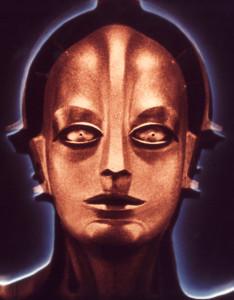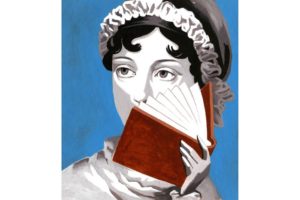
Photo: EVERETT COLLECTION
Earlier this year, Stephen Hawking was among the scientific luminaries who signed an open letter warning that artificial intelligence offered great benefits to humanity but also posed great risks to our safety. Today, Google’s DeepMind computer is capable of teaching itself how to play new videogames, but what if—some tomorrows down the line—it unilaterally tried something new, such as a war game using real nuclear weapons.
Humans have been experimenting with automatons for centuries, but it is only we moderns who have worried about the consequences. The Greeks saw nothing to fear from artificial life. In their mythology, the god Hephaestus was responsible for the creation of mechanized beings—from the golden slaves he designed for his personal use to the bronze giant Talos, who guarded the island of Crete. Stopping one of these machines was as simple as removing the plug and letting the ichor (immortal blood) run out.
Continue reading…







